Speaker
David Spiegelhalter
David Spiegelhalter is a statistician, working as a Professor of the Public Understanding of Risk at Cambridge University. He is an ISI highly cited researcher and was elected as President of the Royal Statistical Society in 2017. In March 2020, David Spiegelhalter launched his podcast Risky Talk where he interviews experts in risk and evidence communication on topics like genetics, nutrition, climate change and immigration.

David Spiegelhalter is a statistician, working as a Professor of the Public Understanding of Risk at Cambridge University. He is an ISI highly cited researcher and was elected as President of the Royal Statistical Society in 2017. In March 2020, David Spiegelhalter launched his podcast Risky Talk where he interviews experts in risk and evidence communication on topics like genetics, nutrition, climate change and immigration.
David Spiegelhalter Videos
More Videos
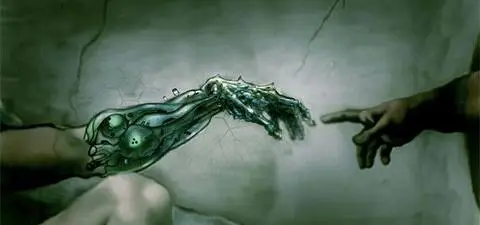
Brave New Horizon

The immortal now
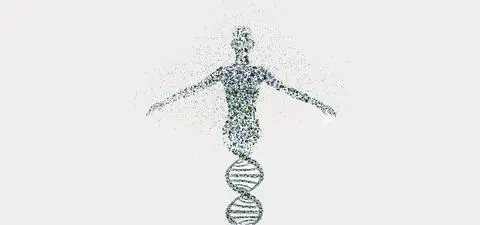
Emperor's New Genes
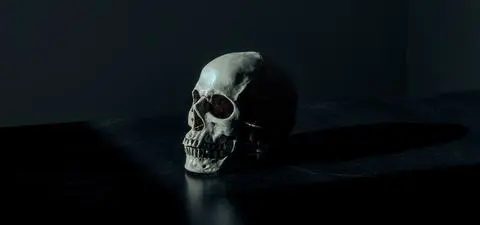
What happens to our bodies when we die?

The Evolution of Desire

Defeating Aging
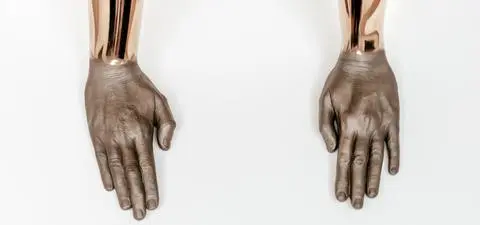
The New Bodies

Orgasmatron
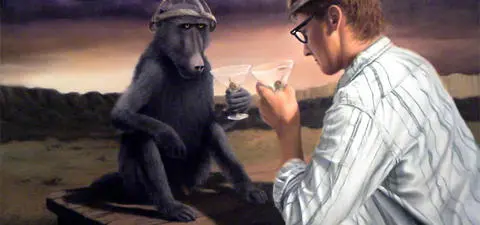
After Darwin
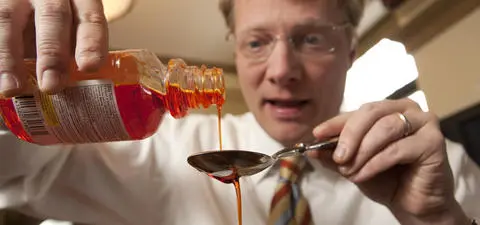
Are Doctors Bad For Us?
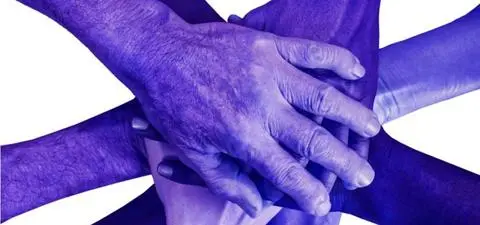
The Illusion of Race
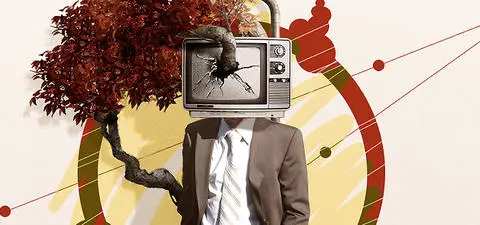
After Evolution
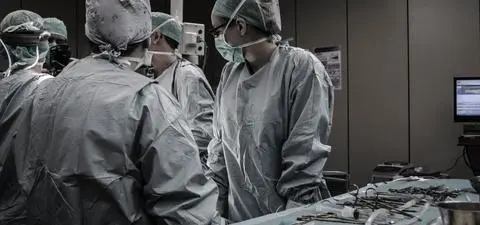
Doctors in the Age of Google
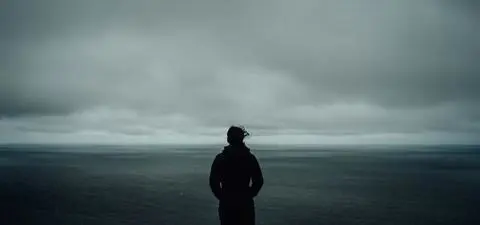
The Evolution of Suicide
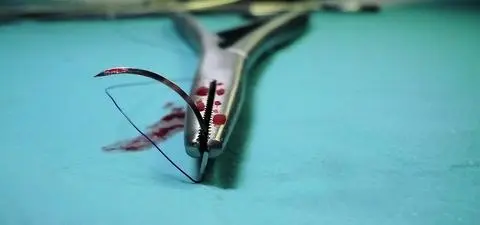
Doctors and the Danger Industry

Life On The Edge

Overcoming death
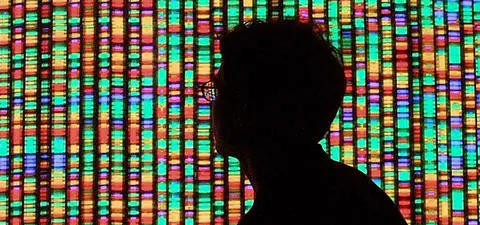
Why We Are Who We Are
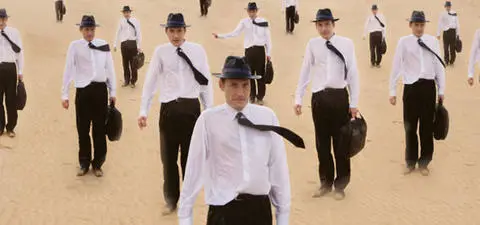
Planet of the Clones

The Uniqueness of Humanity
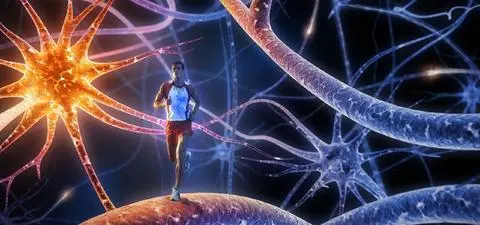
Genes, Cells, and Brains
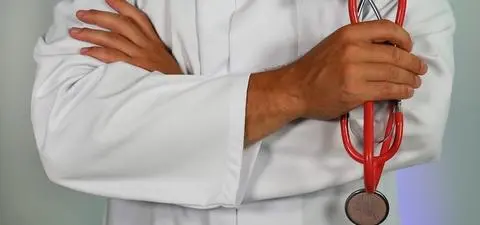
A Paradigm of Health
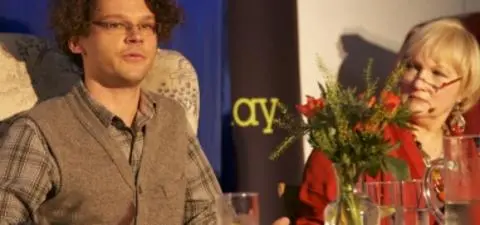
The Naked Truth
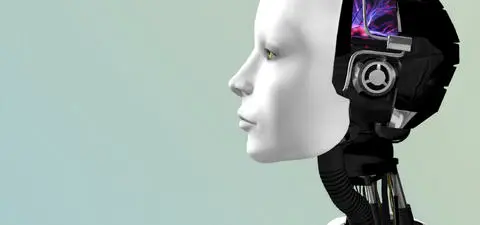
Cyborg Future
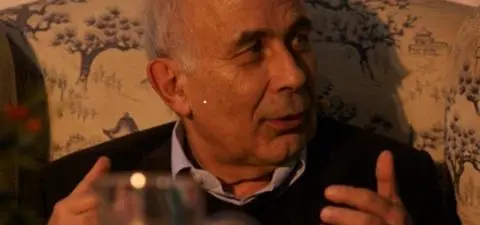
Inside the Mind’s Eye
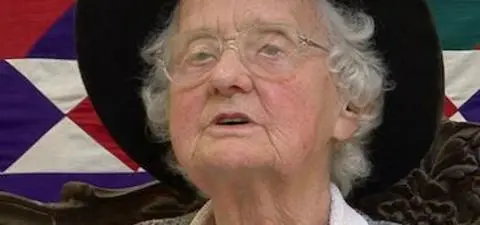
The Solitary Self - Darwin and the Selfish Gene
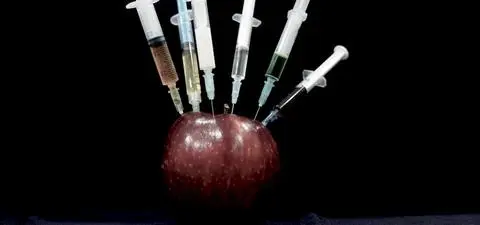
Your Life in the Balance
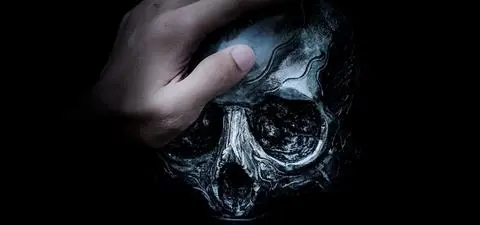
Documenting Death

Docs in the Dock
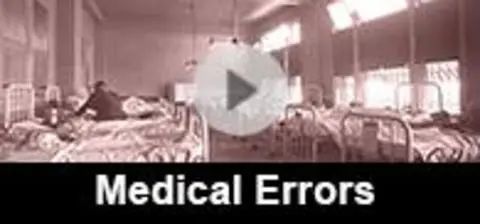
Are Hospitals Bad For Us?

Why Genes Are Not Selfish and People Are Nice
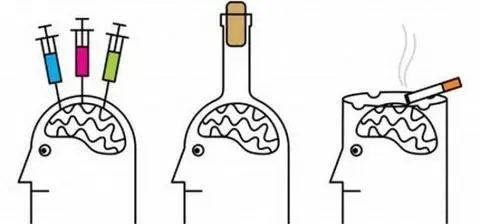
Morality, Hypocrisy and Health
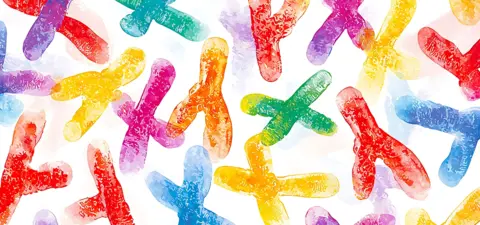
Sex, science, and stereotypes
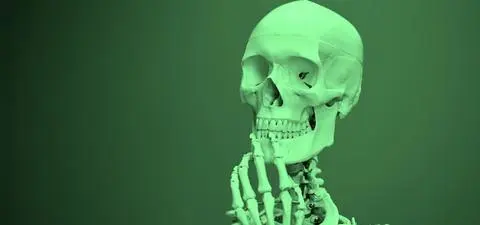
How Science Tells Us Who We Are
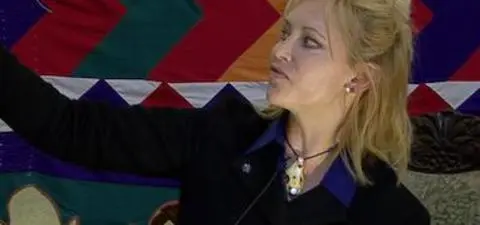
Designing Life

How to Live Forever

Medicine's Mistakes
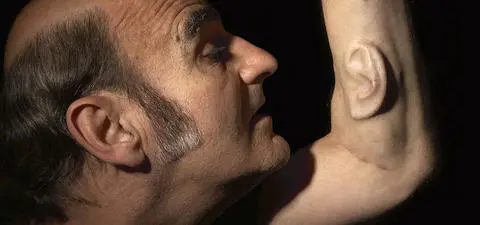
Meat, Metal, Code
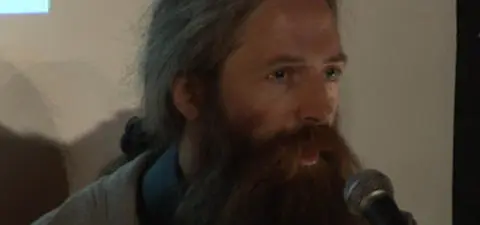
Human and Superhuman
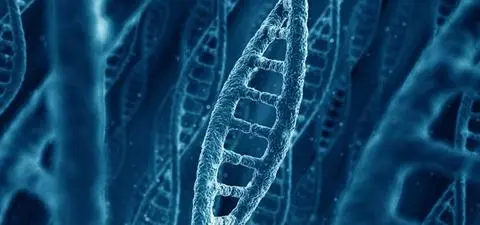
Should We Change Our Genes?
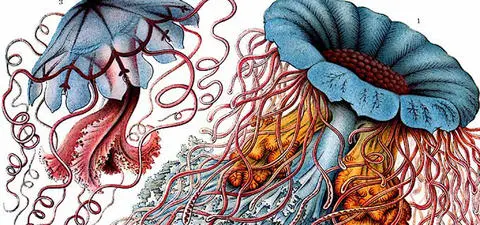
The Mystery of Life
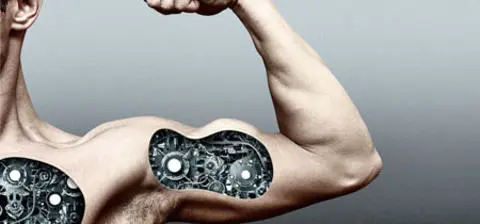
Stem Cells and the Future of Medicine

Trust Me, I'm Google
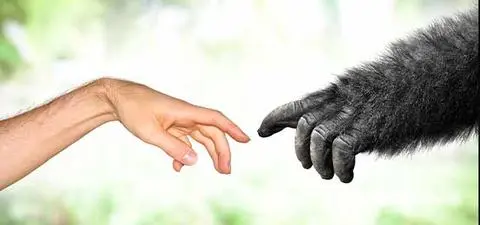
After Darwin

Gene Editing in the Wild
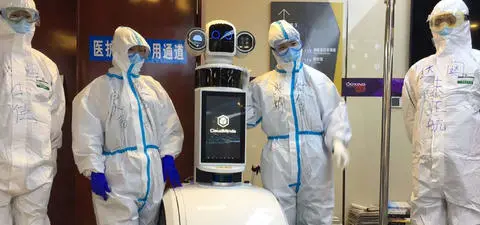
What's wrong with us?
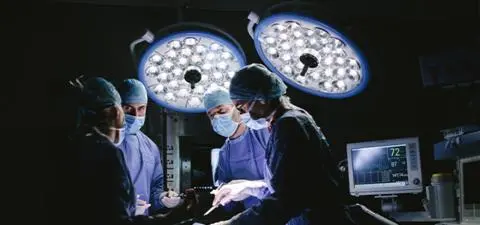
The cause of death
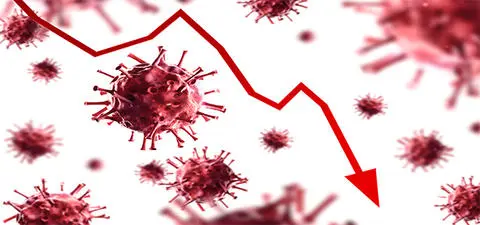
The Uncanny Valley

Risk, Evidence and Lockdown

Science to the Rescue
